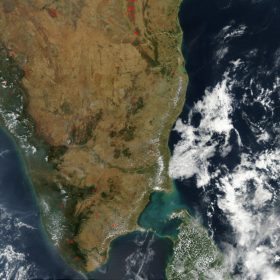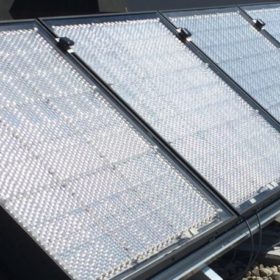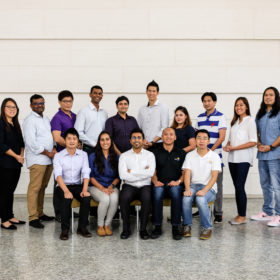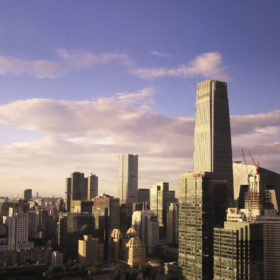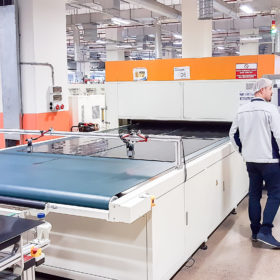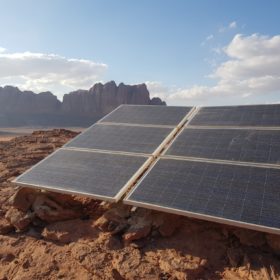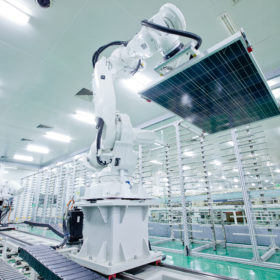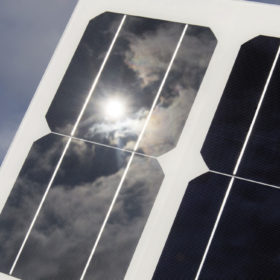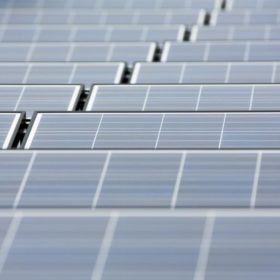The promise of a 100% renewable energy world
The oldest solar organization in the world, the International Solar Energy Society, dates back to 1954. President David Renné tells pv magazine about India’s solar dreams, the next best thing in solar technology and what renewables hold for the world’s future.
Swiss researchers claim 29% efficiency for residential CPV panel
The module was developed by Insolight, a spin-off of Switzerland’s École polytechnique fédérale de Lausanne. The panel is based on tiny solar cells usually used for spaceflight applications and the limited amount used in the module makes it close to mass production, its creators claim.
SERIS aims for 24% efficiency for mono PERC cell
The Singapore research institute will cooperate with China’s Ruxing Technology to increase the efficiency of its monoPoly™ technology. Through this cooperation, SERIS believes its solar cell efficiency could be raised to 24%, and module power beyond 345 W.
China stirs the PV world – by preparing to shift to auction mechanism
Projects not encompassed by the new, central-subsidy-free, ‘grid-parity’ regime will be eligible to bid for a government subsidy. But, at a reported $446 million, the pot is not very big.
PI Berlin findings say little about module quality in Europe
PI Berlin analysis has suggested the quality of modules is particularly high in Asian factories with a large throughput. However, just 2% of the 67 GW of production capacity audited for the study originated in Europe. The audits for the white paper were mostly carried out by Solarbuyer between 2012 and 2018.
The weekend read: The untapped potential of the MENA region
The region’s climate, developing economies and demographic growth are driving increased electricity demand in the Middle East and North Africa. However, as a hub of conventional energy supply, the region has been slow to embrace PV. To capture more of the value chain and deliver the full potential of solar, there are increasing calls for distributed generation deployment to play a bigger role.
Taking the heat: Jinko cells put through their paces under new LeTID test
Chinese solar giant JinkoSolar says it has put its products through a new set of standards testing for light-elevated temperature induced degradation, with the new examination regime set to be adopted as an industry standard.
The weekend read: Reflections on a soiled module
Having quickly proven their performance-boosting potential and durability, anti-reflective coatings are now found on the majority of modules rolling off the world’s production lines. Today, coating suppliers are looking to tackle losses from soiling as well as reflection, and working to keep up with cost reductions and extended lifetime expectations at module level. Older modules, installed without a coating, could also be set to benefit from the latest innovations.
PI Berlin: Asia leading the way for module quality
Quality assurance provider PI Berlin has found the solar industry has made significant improvements to module quality in the past six years and that, perhaps surprisingly, manufacturers in China and South East Asia are setting the standard by producing higher quality modules, on average, than other regions.
Clustering-based computation used to measure PV module degradation
The method could be an effective tool to measure the performance of solar modules, according to research, due to its ability to speed up the inspection process, preventing further damage and hastening repairs.
